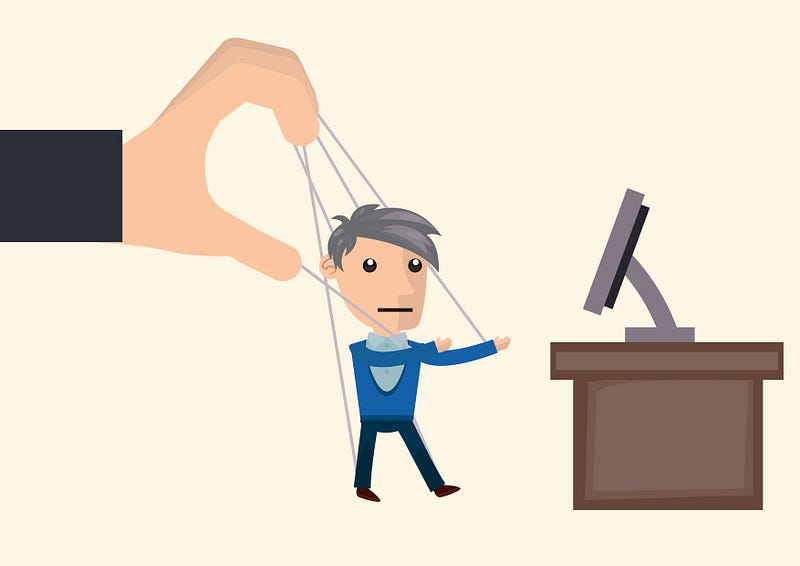3 Things I Learned Working for a Micromanager – NewCo Shift
Get Shift Done: Management

First off, I hate using the term micromanager, it is so negative. Before deciding to write this post, I read a few articles just to make sure my experience matched the general consensus regarding micromanagement. I certainly do not want to throw this term out without consideration of what it represents. My conclusion is still that unfortunately I did find myself working for a micromanager, and just like the term, it was a negative experience. Given all of that, here are few lessons I was able to gleam from the whole thing…
Recognize when to accept or reject feedback
This first lesson was a difficult one. Evaluation and feedback are fundamental values to the way I work and recognizing when feedback was more about the person giving it than about me was difficult. There are three instances when I decided to reject feedback.
First, I decided to reject any feedback that was a personal and was lacking specificity. While I have examples I could share, I think this one is obvious enough without them.
Second, I rejected any feedback that I felt lacked perspective. For example, after working on a complex report that required several manual calculations, multiple tables that had to be formatted, and an executive summary, the feedback I received was that the entire report was unprofessional. As background — I had checked, rechecked, and even printed it out and had others check my work before submitting it to my manager. When I asked how I could fix the report — I learned that on page 5 of 16, one cell in one table was left-justified instead of centered. Of course, I fixed the mistake, but I did not accept the conclusion that this one formatting issue resulted in the entire report being unprofessional.
The other times — the feedback may have value but sometimes I rejected it just because I was overwhelmed. Instead of taking in everything — there were times I just needed to find a few takeaways I could focus on and consider. I didn’t have the capacity to emotionally respond to feedback on every thing I did, every email, every meeting, everything.
Find healthy ways to manage stress
During this time, it was important to me that I found ways to remain positive and that meant I needed healthy ways to manage stress.
This led me to find other opportunities to connect with people and be creative.
I started volunteering more often. While I have always enjoyed volunteering, I sought out opportunities to teach classes. I also created a couple of eLearning storyboards for a non-profit that was building a math and science curriculum for elementary students.
And I stayed connected. I sought out a mentor at work. And in my personal life, I made sure I was spending lots of time with family and friends. I even took a hip hop dance class with a friend!
All of these were great experiences. Some even allowed me to keep learning and developing my skills despite my work situation.
Determine when to move on
The final lesson I learned was how to ultimately determine when it was time to move on.
To make things clear, I didn’t just throw my hands up and walk away. Even though I recognized the situation fairly quickly, I decided to give it one year before deciding what to do next. And during that year, I attempted to build trust with my manager by working hard, being transparent, and trying to deliver a consistent work product.
I made sure I communicated my frustrations, even if only on a couple of occasions. It was important and only fair that I was honest with my manager. While she seemed somewhat receptive, she didn’t seem able to let go and allow me to contribute to her team in a more meaningful way.
Truthfully, I would have rather of not moved on; I didn’t necessarily want to start over at a new company. But at the end of the year, when I took inventory, it seemed clear that I had no choice. Although I had once felt connected and enjoyed collaborating on teams — working for a micromanager left me isolated. At the end of the year, I felt I wasn’t contributing anything of value let alone something that was creative. It was time.
My last thoughts
If you find yourself in a similar situation, I encourage you to find ways to remain positive. Also, seek out a mentor, someone who has experience and can help you navigate the situation.
Here are a couple of articles I found helpful from the Harvard Business Review:

